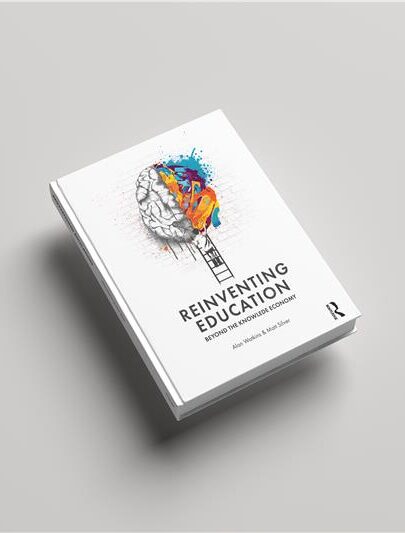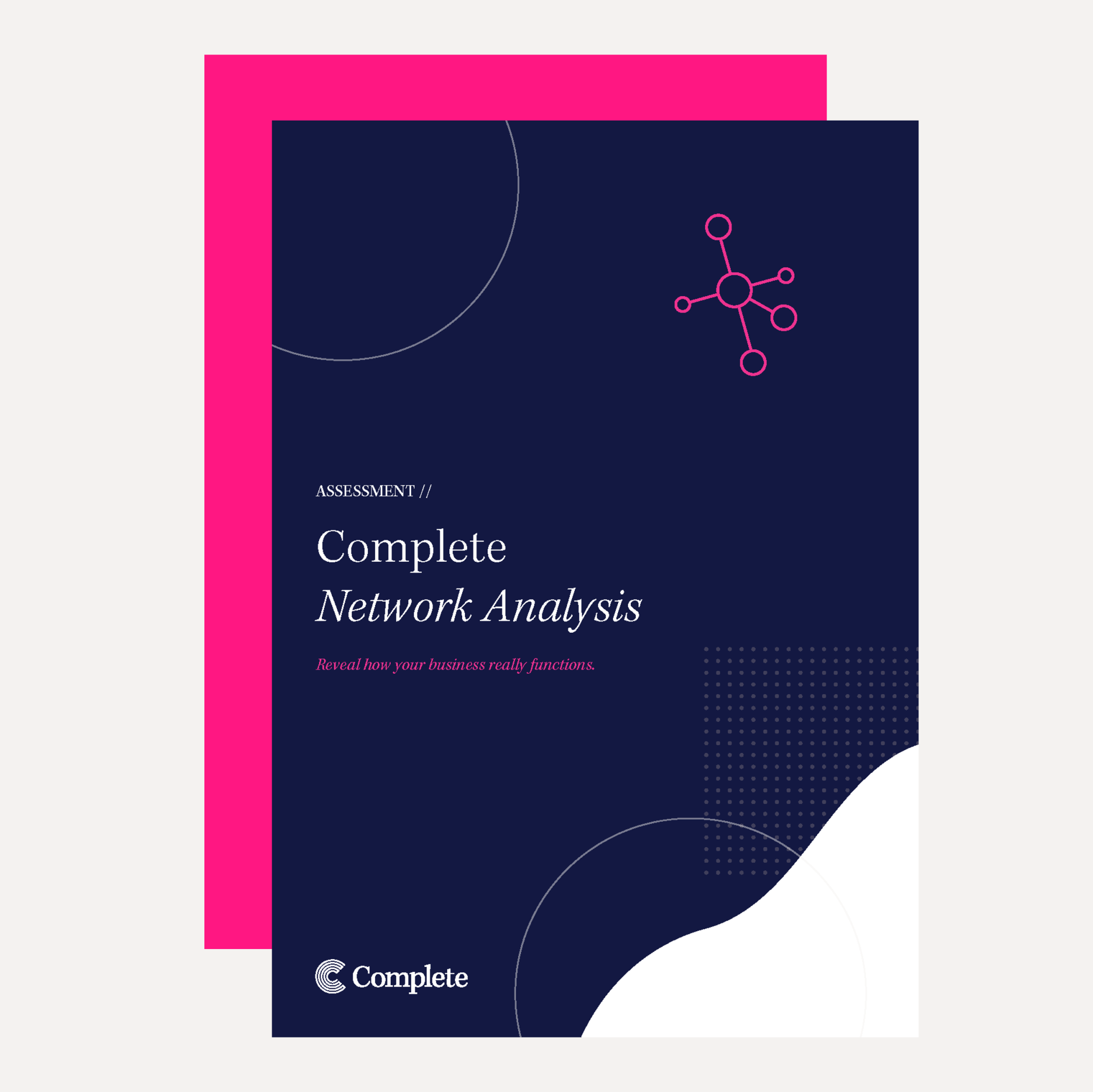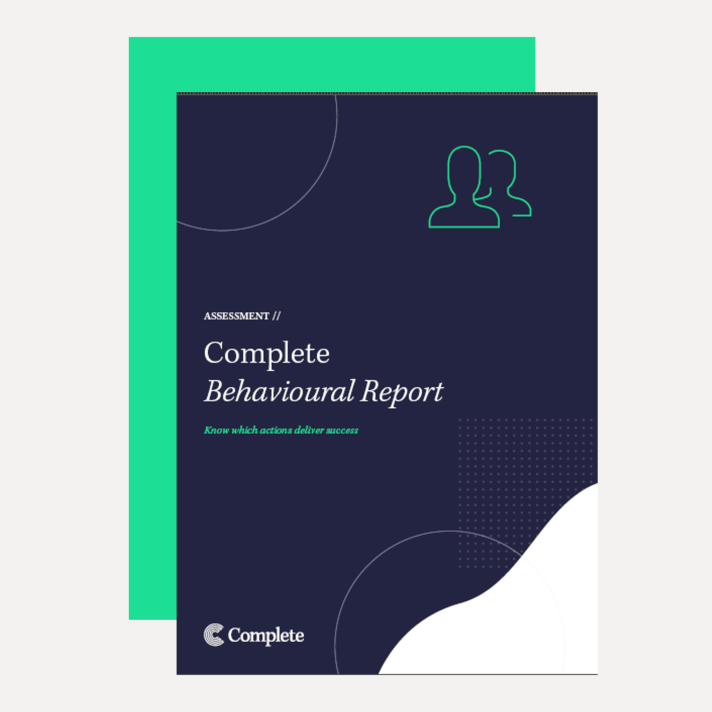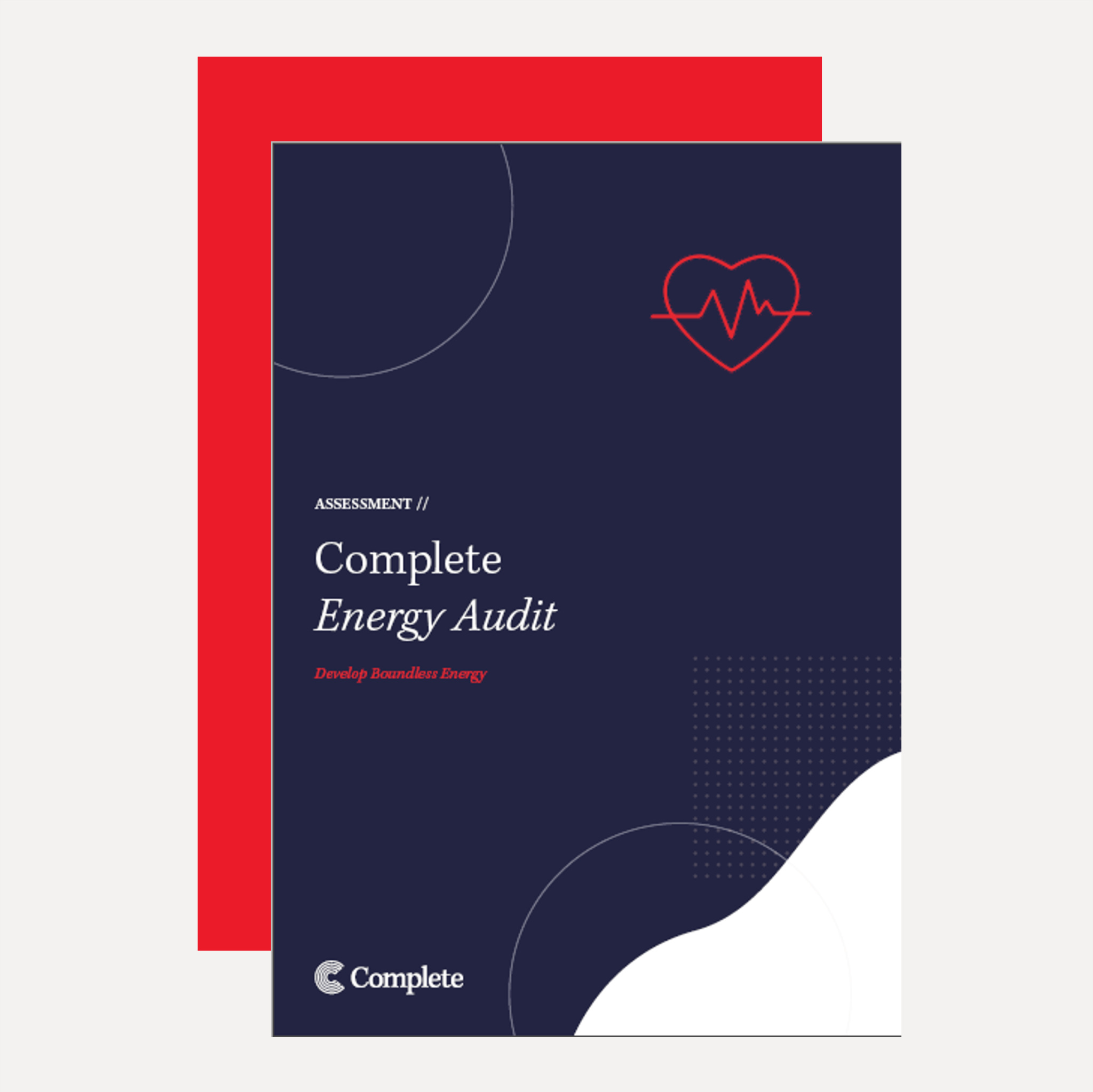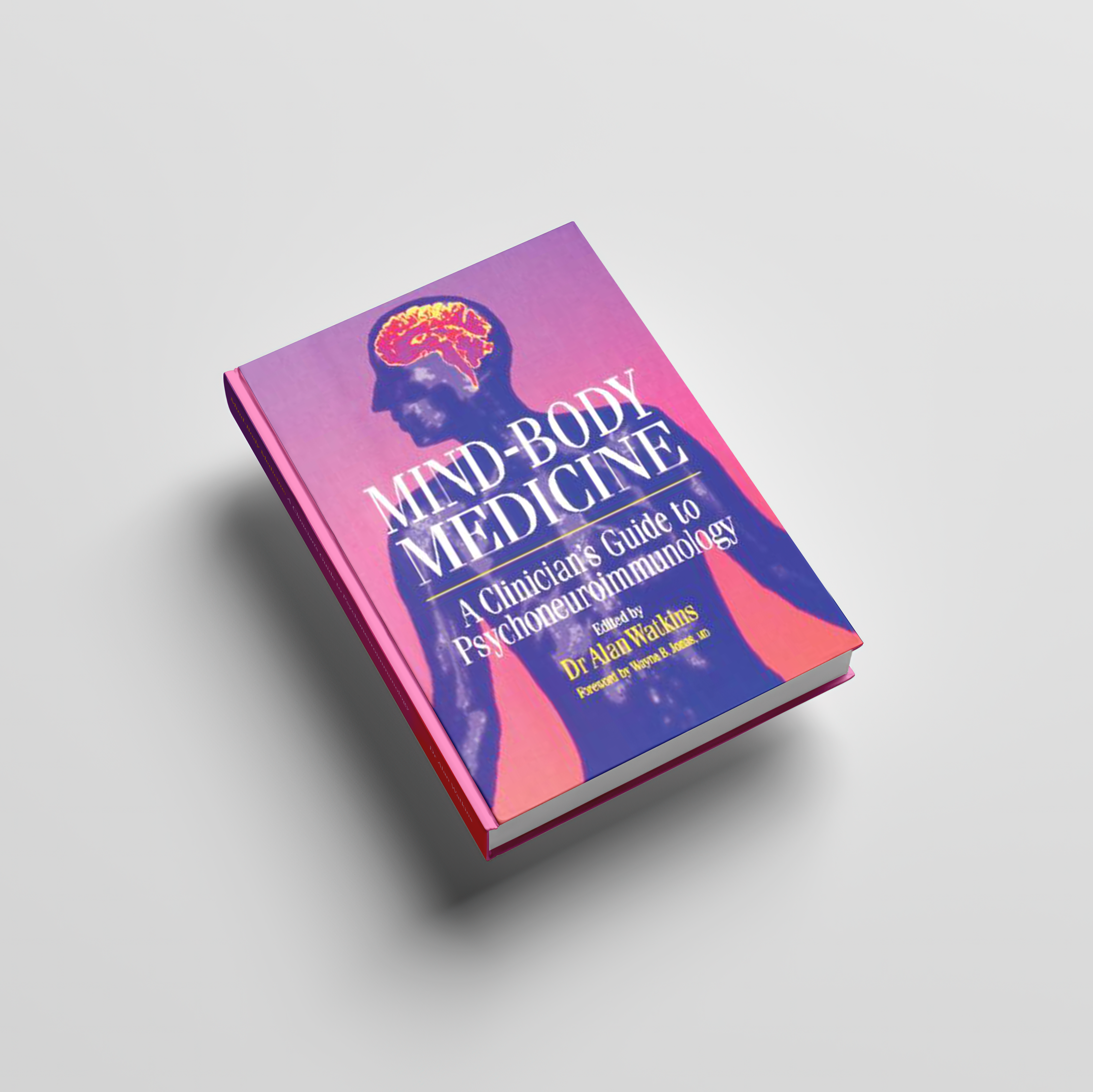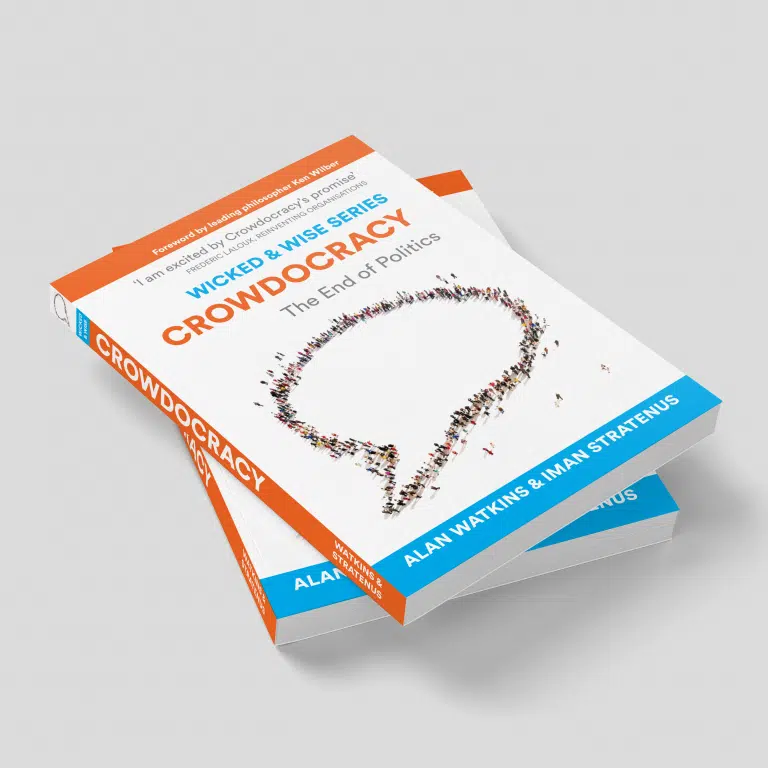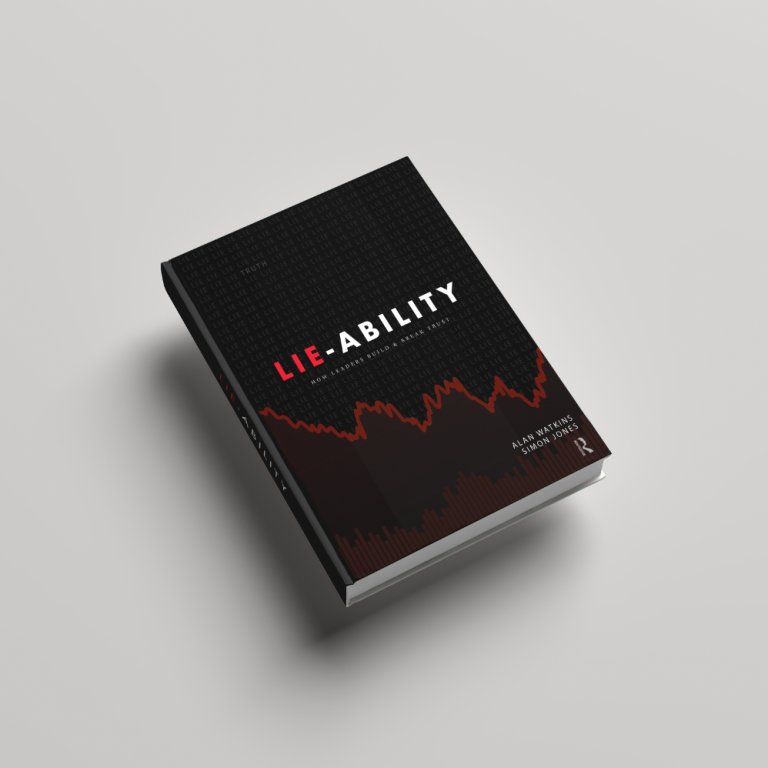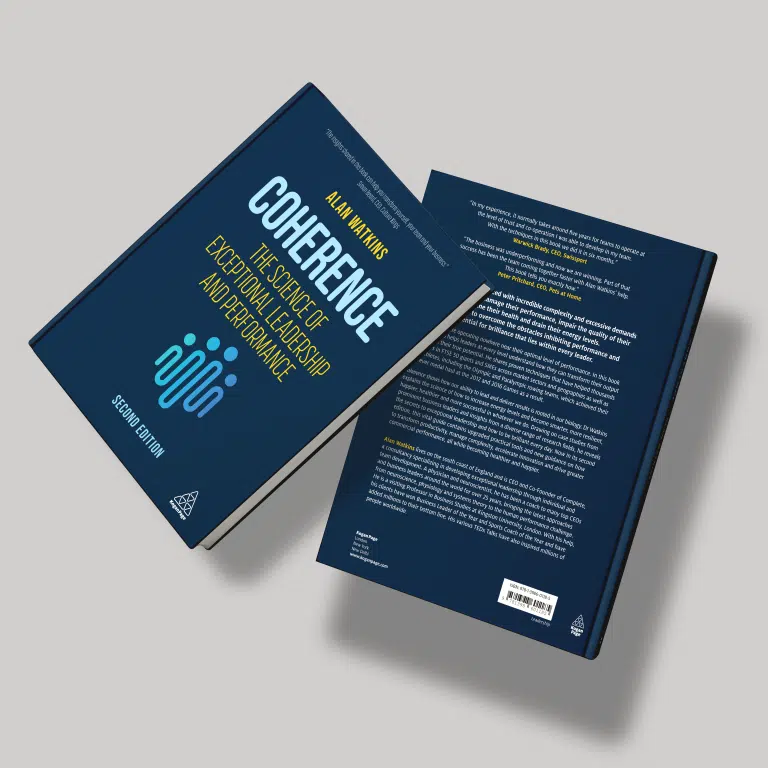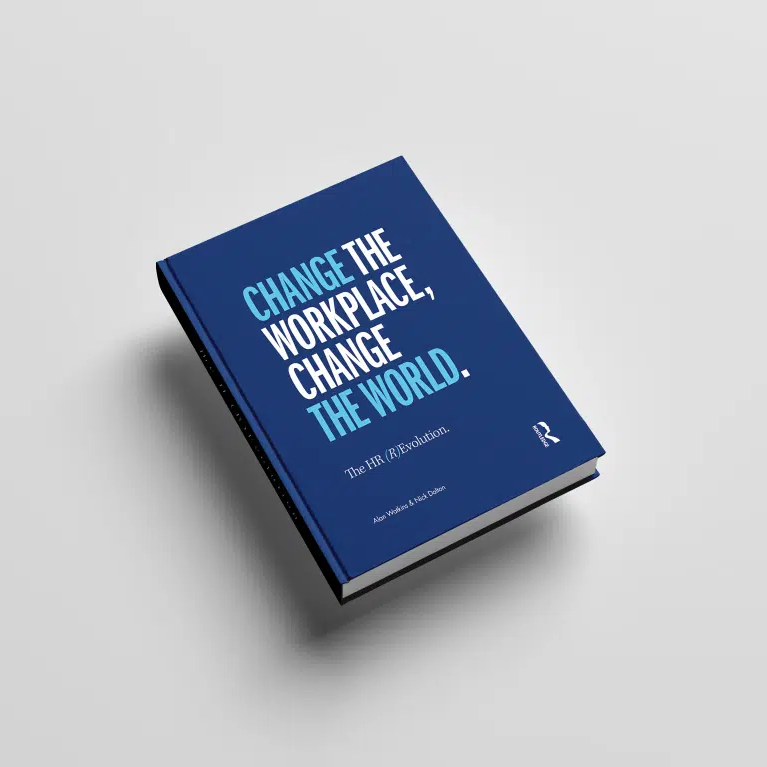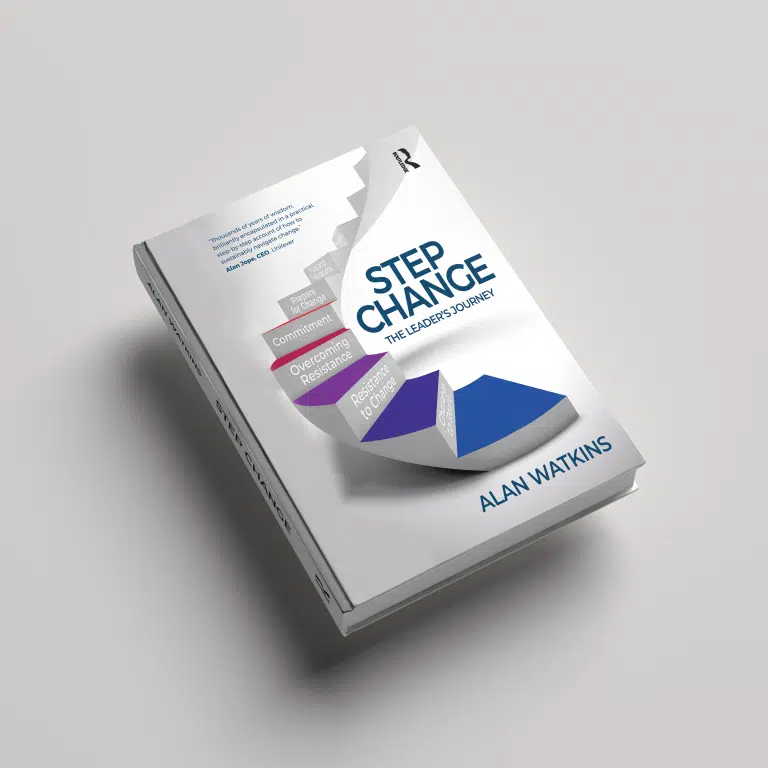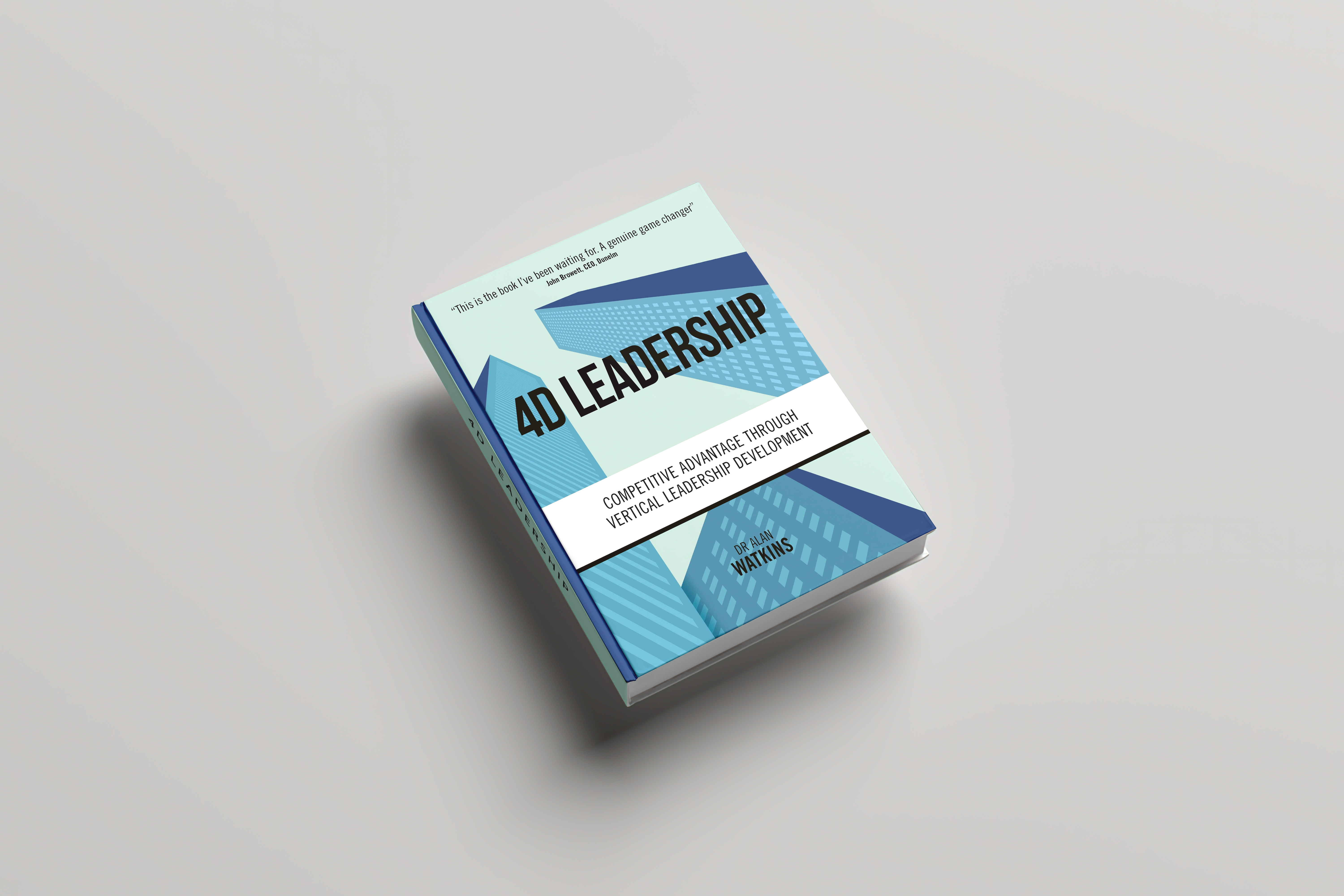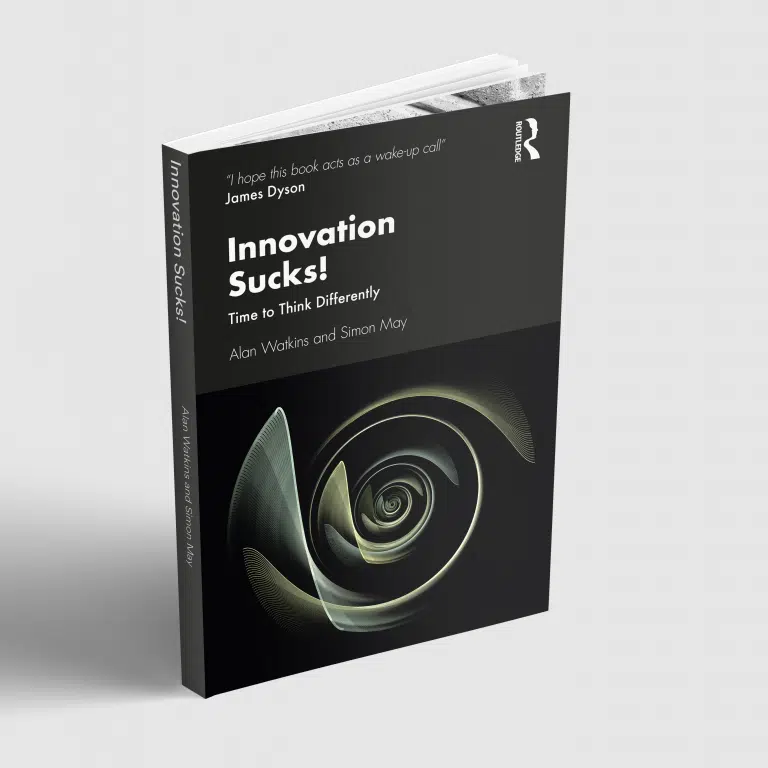Ever since activist and Yorkshireman Guy Fawkes tried to effect political change in 1605, we’ve been wondering what to do to improve the quality of political decision making. Incensed with the political leaders of his day, Fawkes literally tried to bring the house down. In his case this meant the House of Parliament. Given the performance of our politicians during the pandemic and now on the issue of climate change you may wonder what it’ll take to get effective action out of our current crop of governmental leaders. How can we generate better answers, better action and a better future? How do we stop the spin, lies and sleaze diet that seems to come from the House these days?
There is no doubt that when we look around the world there has been a global political regression. We seem to be this isn’t just a UK problem. When we look around the world there’s been a global political regression. We seem to be stuck on a perpetual cycle of elect and regret. Worse still, we appear to be trapped in a system that seems far from democratic. The voice of the people has been drowned out by the voice of the lobby, the special interest and the powerful.
There’s significant evidence that democracy is past its sell-by date. The high tide mark was in the year 2000. In 2020, the Economist Intelligence Unit’s global average democracy score fell to its lowest level since the index began in 2006.
In the last 20 years the world has become so complicated that democracy can’t cope. We need a new system. Not one whose organising principle is volume and popularity, i.e., if you get enough votes, you’re in charge. Today such a system has brought us repeatedly to the brink of disaster. It has delivered obscene levels of inequity, continuing tides of social injustice and numerous wicked problems that seem intractable.
In January 2021 some disgruntled voters, following in Fawkes’ 400-year-old footsteps, tried again to take down the house, in this case it was the US Capitol. So, have we made any progress since that fateful 5th of November in 1605? Do we need to bring down the House?
The good news is we can deliver a better tomorrow as I explained in my book Crowdocracy. The crowdocratic system we described advocates change through evolution not revolution. The new system is fundamentally different from the democratic ‘patch ups’ many others have suggested. It goes way beyond proportional representation. It’s much more transformative than the more recent suggestions of deliberative democracy, participative democracy, liquid democracy or even citizen assemblies. It goes beyond the ‘sociocratic’ experiments now being tried in Scandinavia, or its communalistic cousin ‘neighbourocracy’ being tested in parts of India. It even goes beyond the holocratic theory tried in a couple of companies in North America. It’s a system whose organising principle is wisdom not volume and it can deliver much higher quality decision making, at speed and at scale.
While Guy Fawkes could think of no other option than bringing the house down. Today we have options. We can effect real change. We don’t need to bring the house down. We just need to understand that democracy is a developmental stepping-stone to the system we really need for today’s complexity and that is Crowdocracy.
What we need is evolution not revolution – and certainly not gunpowder. We must evolve democracy. Crowdocracy shows us how to make decisions based on the wisdom of the crowd, not the volume of crowd. We need to evolve into a crowdocractic form of governance if we want to avoid Guy Fawkes style frustrations in the future and, at the same time, solve some of those complex challenges we face such as climate change.
ReaRead Crowdocracy: The End of Politics to discover more about this radical approach that allows all of us – not just some of us – to participate in how we are governed.






